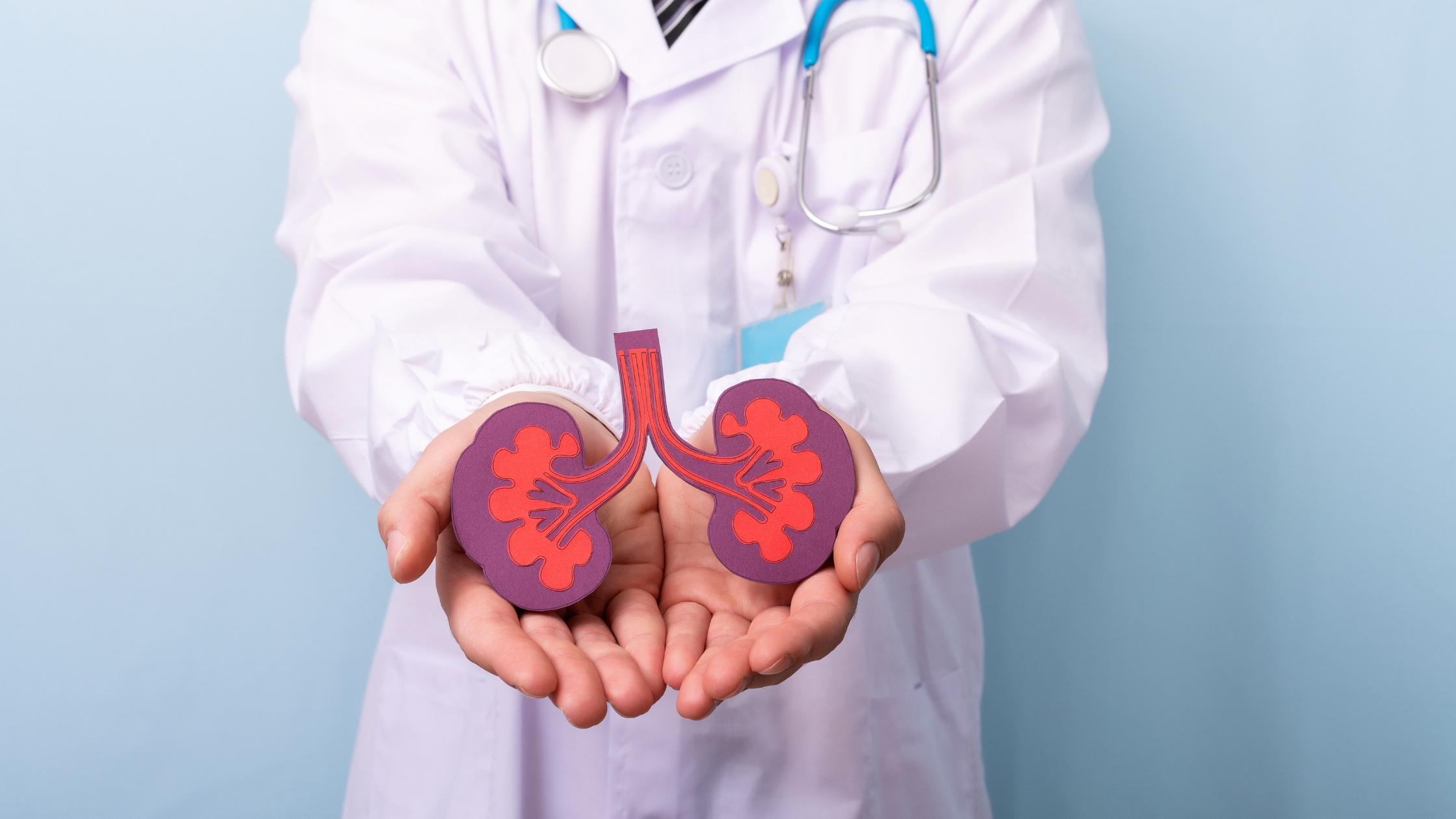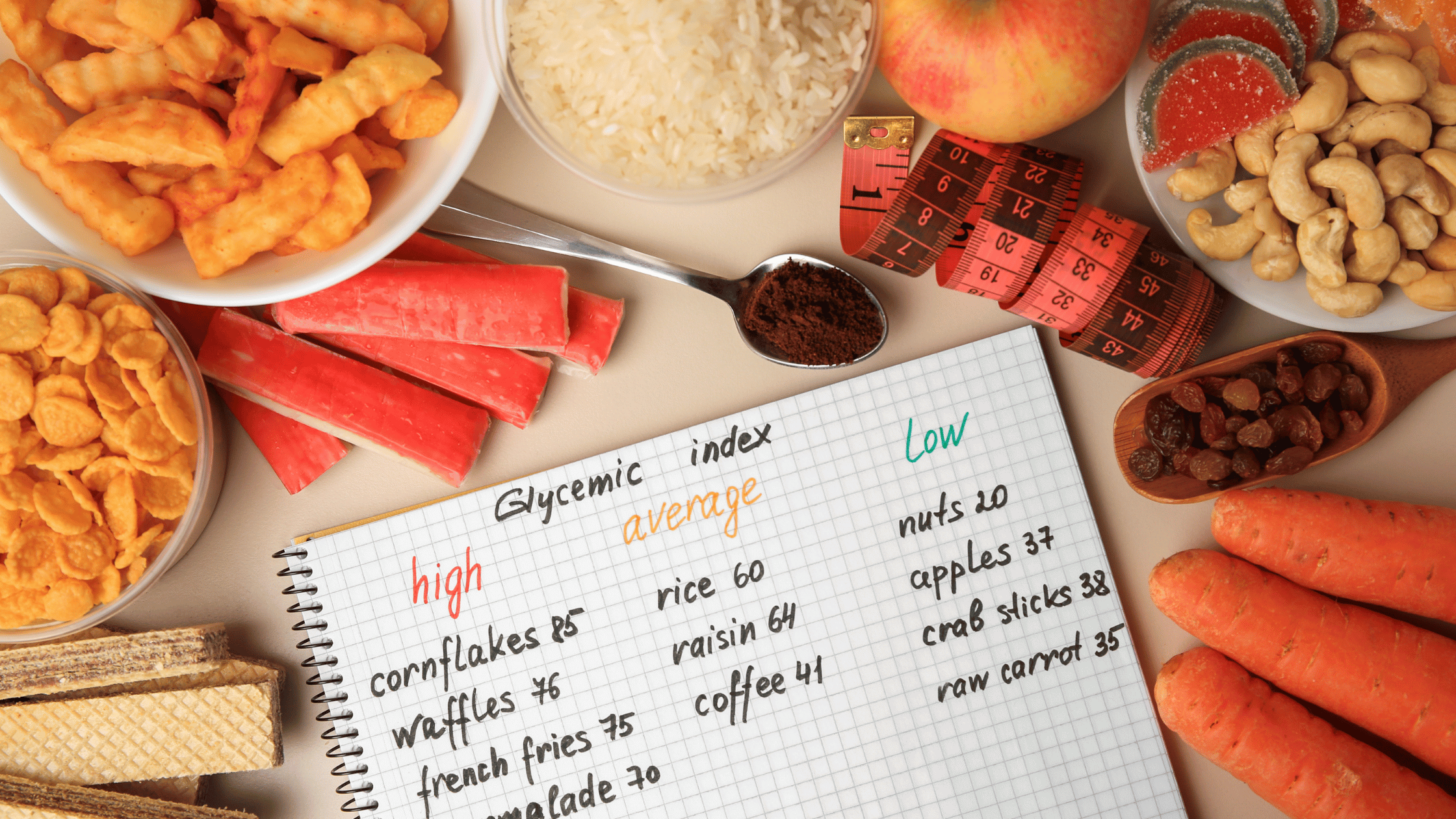Exploring the Link Between Gut Microbiome and Obesity

The gut microbiome refers to the community of microorganisms that live in the digestive tract. It is now widely recognized that the gut microbiome plays a role in the development and maintenance of good health. Research has shown that the gut microbiome is linked to a number of conditions, including obesity.
There is evidence to suggest that the composition of the gut microbiome may be linked to obesity. Some studies have found that people who are obese tend to have a different mix of gut bacteria compared to people who are of normal weight. This difference in the gut microbiome may be one factor that contributes to the development of obesity.
There is also evidence to suggest that the gut microbiome may affect how the body stores and uses energy. Some research has shown that the gut microbiome may play a role in regulating appetite and metabolism, which may contribute to weight gain or loss.
There is evidence to suggest that the composition of the gut microbiome may be linked to obesity. Some studies have found that people who are obese tend to have a different mix of gut bacteria compared to people who are of normal weight.
One type of bacteria that have been studied in relation to obesity is Firmicutes. Some research has found that people who are obese tend to have a higher proportion of Firmicutes in their gut microbiome compared to people who are of normal weight. This difference in the ratio of Firmicutes to another type of bacteria called Bacteroidetes has been referred to as the "obesity-associated microbiome."
Other types of bacteria that have been studied in relation to obesity include Proteobacteria and Actinobacteria. Some research has found that people who are obese tend to have higher levels of these bacteria in their gut microbiome compared to people who are of normal weight.
Understanding the specific types and quantities of bacteria present in an individual's gut microbiome may provide insight into their risk of developing obesity and other health conditions. Gut microbiome reports may also be used to monitor changes in the gut microbiome over time and to track the effectiveness of interventions designed to modify the microbiome, such as probiotics or dietary changes.
It is also important to note that the relationship between the gut microbiome and obesity is complex and is likely influenced by a number of factors, including diet, lifestyle, and genetics.

The Gene Box











.png)



















































